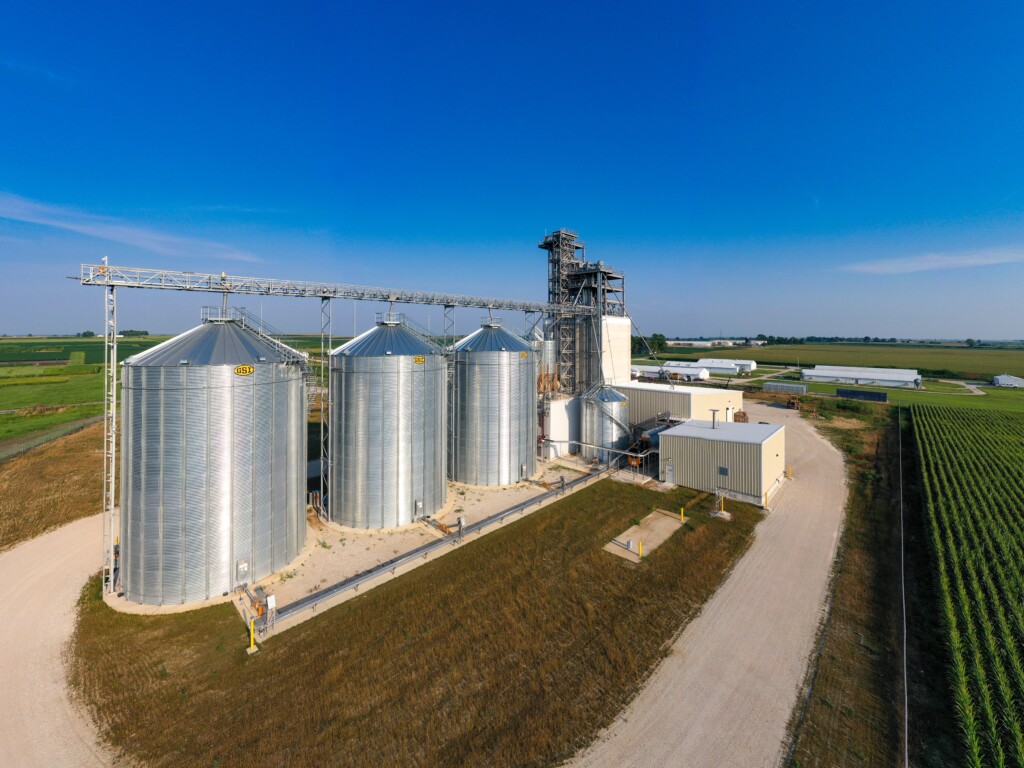PRAIRIE VIEW, Texas (Sept. 22, 2023) — Scientists and agriculturalists started cultivating grain thousands of years ago, and society hasn’t stopped finding uses for it since. It’s a culinary staple the world over, a core component of animal feed, and it’s even become critical to bioenergy production.
However, some experts say the resource is being spread too thin, putting a strain on global supply chains and the growing demand for animal-sourced food. Climate change and calls for sustainability further complicate the landscape, suggesting that it’s time for today’s agronomists to start cultivating alternative sources for some of society’s agricultural staples and feed for their animals.
Negusse Kidane, Ph.D., assistant professor and research scientist in the College of Agriculture, Food, and Natural Resources (CAFNR) at Prairie View A&M University, has responded to that call. He created a proposal titled Evaluating the Nutritional Profile of Industrial Hemp Farm-Byproducts and Extraction Residues as Alternative Feed Resources for Goats to research the potential for biomass from hemp plants to serve as an alternative source for the grain used in animal feed, which consumes ~36% of the world’s grain supply.
The United States Department of Agriculture’s National Institute of Food and Agriculture awarded Dr. Kidane a nearly $300,000 grant to conduct a three-year study. The study will look at the nutritional profile of industrial hemp plant biomass byproducts and their impact on goats to determine if hemp biomass can serve as a viable alternative feed that could reduce the use of grain in animal feed.
The project could have positive implications for the environment and certain economic sectors.
“This grant represents a significant milestone in our pursuit of innovative solutions for sustainable agriculture. By exploring the potential of hemp as an alternative to traditional grain in animal feed, our researcher will spearhead groundbreaking research that not only addresses pressing environmental challenges but also contributes to the advancement of animal nutrition,” said PVAMU Vice President of Research and Innovation Magesh Rajan, Ph.D., P.E., MBA.
Like grain, hemp has been around for ages. Still, Congress criminalized it as a controlled substance in 1970, severely limiting cultivation and researchers’ ability to access and study the plant’s properties and potential. Legislators reversed course in 2018, changing hemp’s fate and the fortunes of those who were betting on its benefits – from growers and ranchers to industrial processors, market watchers and agricultural scientists.
In Texas, House Bill 1325-2019 recently legalized hemp production, distribution and processing. As a result, the number of hemp farmers and cannabinoid oil processors is growing remarkably.
“The involvement of six multi-disciplinary scientists from PVAMU’s academic and research programs demonstrates the team’s commitment to partnership and efficient use of resources. The project also fosters academic and industrial collaboration, such as with goat producers, hemp farmers and hemp processing industries across Texas,” Dr. Kidane said. “Given the breadth and scope of the study, a collaborative approach is indispensable for the success of this proposed project, requiring synergistic efforts from scientists in multiple disciplines.”
Dr. Kidane’s research group is made up of a multi-disciplinary team from throughout CAFNR with experts in animal nutrition, plant medical science, toxicology and analytical chemistry. Co-PIs on the project include Drs. William Foxworth, research scientist and director of the International Goat Research Center in the Cooperative Agricultural Research Center; Aruna Weerasooriya, professor and chair of Plant & Environmental Sciences; Milton Daley, assistant professor of Animal Science; Laura Carson, research scientist and director of Undergraduate Research Compliance; Selamawit Woldesenbet, research specialist and manager of the Cooperative Agricultural Research Center Core Laboratories; and two undergraduate students, who will assist in collecting and processing hemp samples.
The funds for the project were awarded through the USDA’s Capacity Building Grants program, which supports agricultural research at 1890 Land-Grant Institutions. These projects address key problems of national, regional and multi-national importance while advancing fundamental sciences and producing translational research that facilitates agricultural development.
Dr. Kidane’s hemp byproduct research project meets all six goals in the USDA’s five-year strategic plan, aligns with CAFNR’s goal of conducting research that directly supports community and farm needs, and supports the mission of sustainable food security.
Since Dr. Kidane joined the college as an assistant professor in September 2020, he has made significant advances in establishing his research at PVAMU.
This story originally appeared in the August edition of On the RISE.
-PVAMU-


